The data collection methods and deliverables below are highlights of the most common practices Rasa has to offer; and extensive vault of methods and deliverables will be offered based on the needs of each client, their pressing challenges, and their organization’s cultural context
DATA COLLECTION
Diary Study
We recommend a longitudinal approach to understand user interactions over time. With complex systems, repeated logging of interactions are needed to gain a full understanding of bugs and workarounds in human-computer interactions
Heuristic Evaluation
We develop customized rubric to evaluate IT systems based on the newly learned user needs, existing heuristic analysis models, and the existing needs of the organization and leadership
Contextual Inquiry
An in depth look at the user performing tasks, while being able to ask for clarification in the moment of the task is needed to document nuanced UX challenges and detailed feature issues, as well as successful elements of IT systems
Competitive Analysis
Analogous inspiration can often spur ideas for new features and processes, so we offer thorough competitive analysis in order to ensure we are gaining a holistic user experience perspective
DELIVERABLES
Evolving Persona
People are not static; they change job functions and add their unique perspectives to every role, so we create personas to reflect human nature and the dynamism of the modern working world
Feature Prioritization
We synthesize data collection to determine a cumulative prioritized list of desired system features, and provide additional feature lists that differ per stakeholders/ user group needs
Service Blueprint
We create visuals to represent the complex workings of a system, and use this to identify breakdowns success in IT systems, and to illustrate human effects of the system breakdowns
Information Architecture
Qualitative data collection methods help us understand what is intuitive to the end user(s), and therefore, what to build based on their mental models, in order to make navigating systems and knowledge bases more efficient
